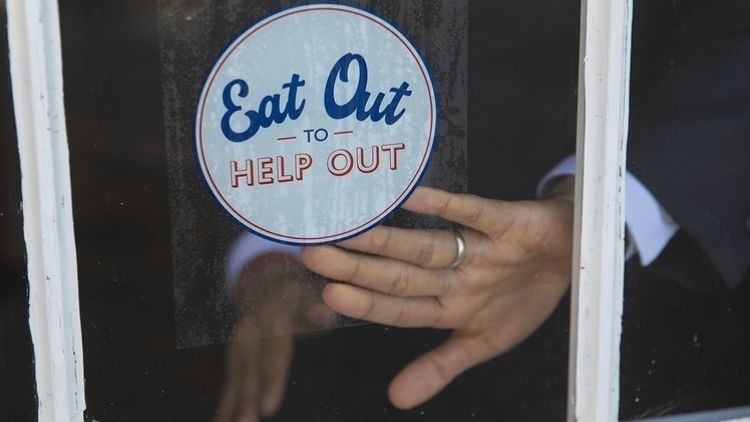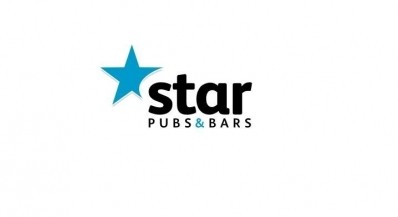'No correlation' between Eat Out to Help Out and infection numbers, says Treasury

It has issued geographic data on participation in the scheme and said high take-up “does not correlate with incidence of Covid regionally."
UKHospitality (UKH) chief executive Kate Nicholls said the finding comes as “no surprise” and the lack of correlation between infection and dining out was a “testament to the safety of hospitality venues.”
The Sun analysed the data issued by the Treasury and said areas with strong participation in the scheme also still had low virus levels between August and October.
No surprise
UKH’s Kate Nicholls said: “The absence of a link between infections and a high take up of the Eat Out to Help Out scheme come as no surprise – there’s been scant cogent evidence of a link throughout the pandemic.”
It comes as regional public health officials told a House of Commons’ committee hospitality venues were not a “hotbed” for coronavirus transmission, in their contact-tracing experience.
Government figures show London saw the highest total number of meals claimed for with 16,455,000 meals, followed by 12,922,000 in the South East and 12,638,000 in the North West.
Areas such as Westminster, Scarborough and North Devon were highlighted as seeing high take-up of the Government subsidised initiative but low infection numbers.
Other areas, including Knowsley, Rochdale, Merthyr Tydfil, had far higher coronavirus rates, but lower levels of use of the scheme.
Testament to safety
Some people on social media have criticised the newspaper for highlighting tourist areas, where people visiting restaurants may not have lived.
However, UKH boss Nicholls added: “That ignores the fact venue staff, many of whom will have come into contact with thousands of people a day, remained in the area, seemingly without posing a transmission risk. That’s no coincidence – it’s testament to the safety of hospitality venues.
The Treasury told The Sun newspaper: “These figures confirm that take-up of Eat Out to Help Out does not correlate with incidence of Covid regionally – and indeed where it does the relationship is negative.”
A spokesman said: “As we have done throughout the pandemic, we have worked with creativity and at pace to support individuals and businesses.
“We designed The Eat Out to Help Out scheme to protect 2 million jobs in hospitality, an industry whose employees are at high risk of long-term unemployment in the event of redundancy.
“It protected jobs across the UK by bringing back 400,000 people from furlough while safely restoring consumer confidence.”
A Treasury spokesperson told The Morning Advertiser the figures confirmed what had been "noted back in the autumn."







